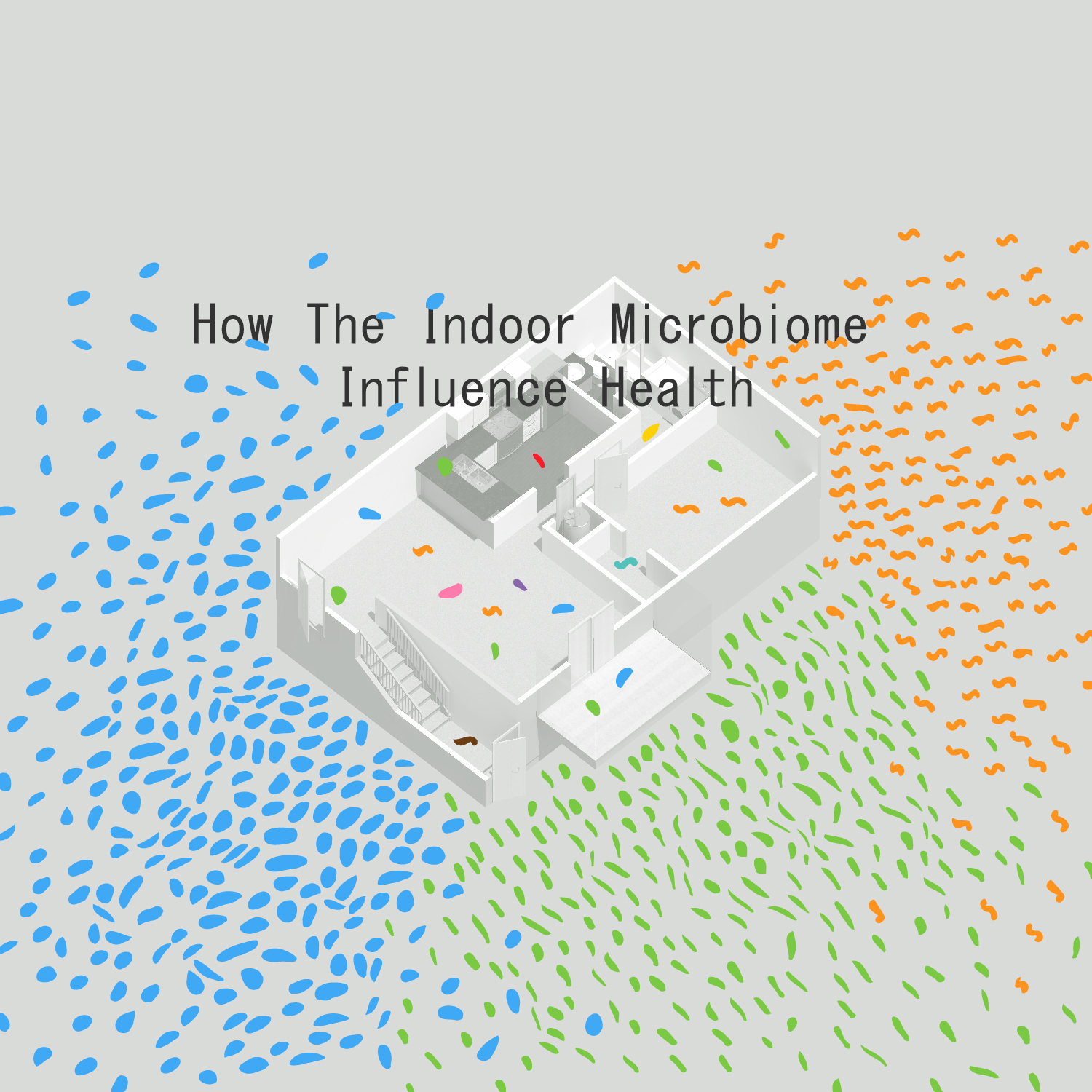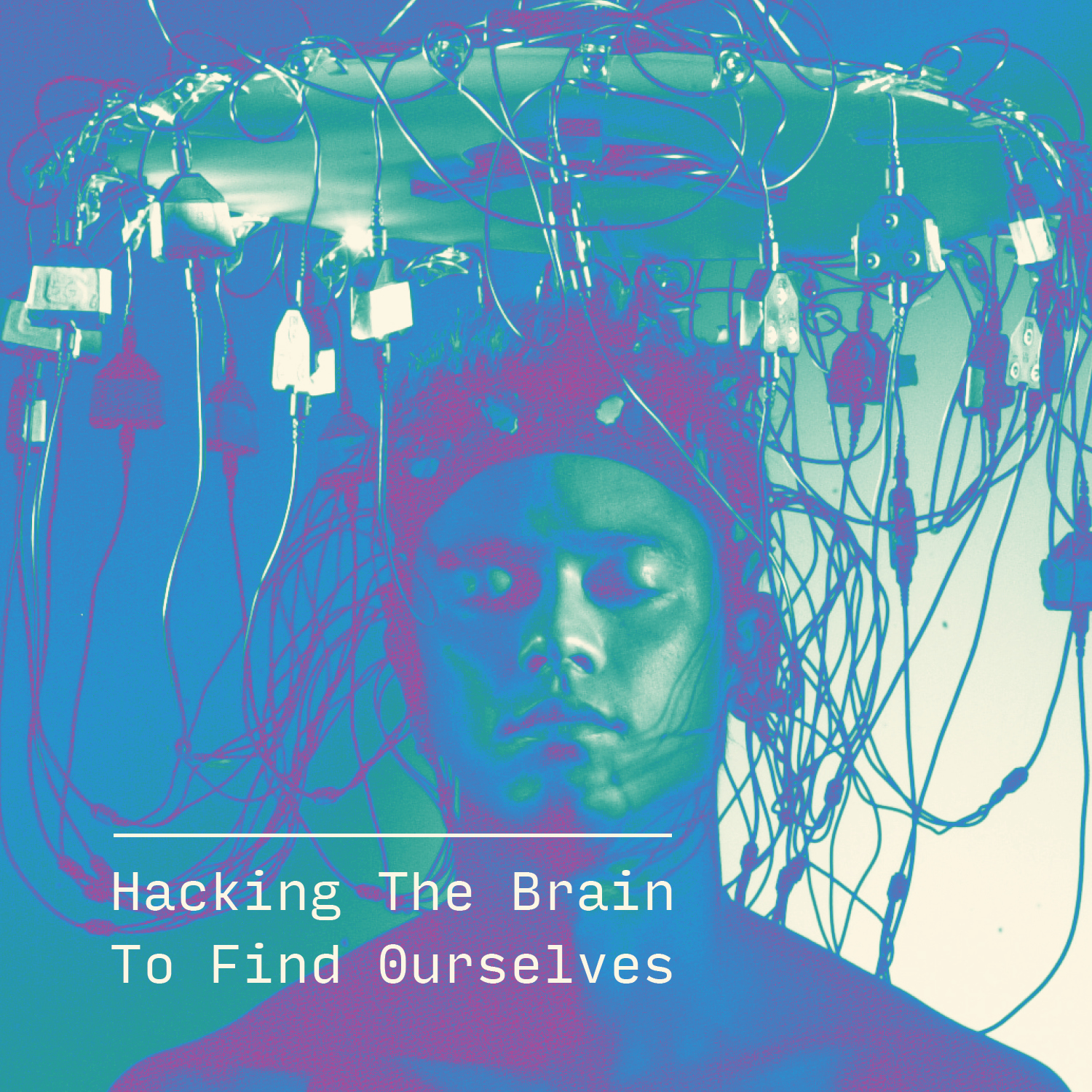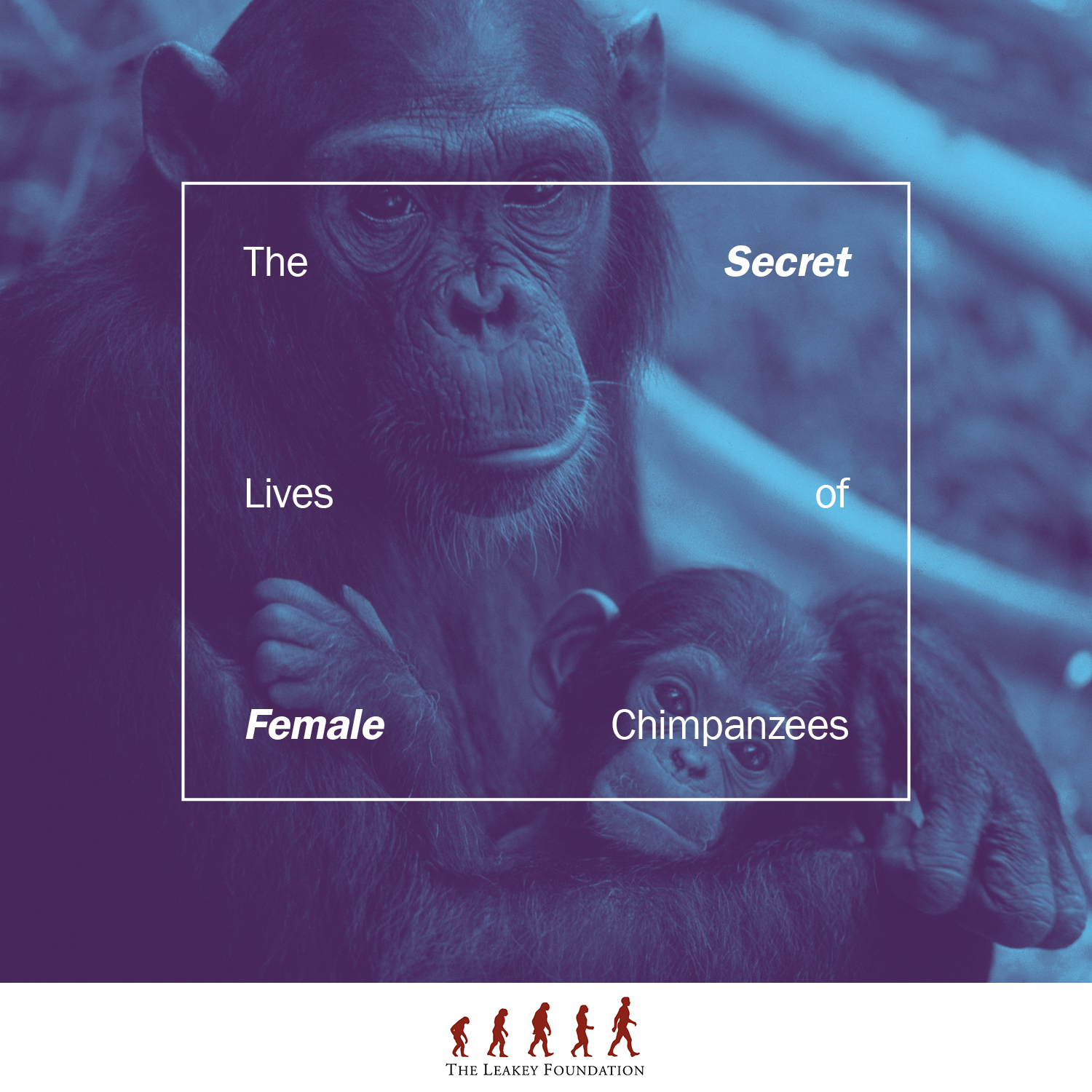Upcoming Events
C2ST achieves its mission by hosting relevant, independent, and credible public STEM programs across all scientific fields at locations throughout Chicagoland. With nine out of ten program attendees’ expectations fulfilled, our supporters agree that C2ST is accomplishing its mission of increasing the public’s understanding of science and technology.
We are dedicated to providing a professional and inclusive environment for everyone, regardless of gender, gender identity and expression, sexual orientation, disability, physical appearance, body size, race, age, or religion. Please be respectful of diversity in individuals and in cultures at our events.
Miss an event? Anyone across the globe can access our STEM program library by visiting our YouTube channel, C2ST TV. Also be sure to follow us on Facebook, where we livestream many of our programs.
Check out below what programs we have planned and discover what we’ve hosted in the past.
Privacy Policy
As a guest of Chicago Council on Science and Technology (C2ST), you agree to be photographed, videotaped, or filmed and grant C2ST permission to put the finished footage/photography to any uses that it may deem proper including marketing, advertising (print, radio, and television) and PR-related activities.
We only have access to/collect information when you sign up for our programs or that you voluntarily give us via email or other direct contacts from you. We will not sell or rent this information to anyone. We will not share your information with any third party outside of our organization.
Filter Events
October 27, 2016
British International School of Chicago, Lincoln Park
814 West Eastman Street, Chicago, IL, USA
Program Series:
Health and Wellness
The human race, like all macrobiological life, evolved in a sea of microbes. There was no way to keep the bacterial and archaeal hoards at bay, so instead life evolved mechanisms to live with these invaders. The immune system was refined over millions of years to control our interaction with the microbial world, and even to use it as a mechanism of defense, food processing, and vitamin production. Read more…
October 6, 2016
Loyola University Center for Translational Research & Education
2160 South 1st Avenue, Maywood, IL, USA
Program Series:
Science and Society
The brain is what allows us to function, yet we understand little about how it works.
Using electrodes implanted inside people’s brains during surgery we can learn how thinking, deciding, feeling and dreaming works. In this talk, you will learn about the current neuroscience research about the way our neurons code our behavior, and how understanding this can help us grasp the nature of free will and our identity kernels. Read more…
October 4, 2016
Pint
1547 North Milwaukee Avenue, Chicago, IL, USA
Program Series:
Science and Society
Running 26.2 miles.
The human body wasn’t exactly designed to accomplish this, let alone very easily.
The toll a marathon takes on a body cannot be taken lightly: the inflammatory storm caused in the body can wreak havoc, affecting myriad bodily functions. In order to achieve this feat of athleticism. one must prepare, with months of training and strategic planning. Read more…
September 28, 2016
Shedd Aquarium
1200 S Lake Shore Dr, Chicago, IL, USA
Program Series:
Climate, Energy, and Environment
The area with the most diverse marine life on earth, an area with more documented species than any other place on the planet, is the Verde Island Passage. A ten-mile wide strait in the Philippines, this area lies at the heart of the Coral Triangle, an area in the western Pacific Ocean which includes the waters of Indonesia, Malaysia, the Philippines, Papua New Guinea, Timor Leste and the Solomon Islands. Read more…
September 6, 2016
Pint
1547 North Milwaukee Avenue, Chicago, IL, USA
Program Series:
Health and Wellness
The drinking you do in your teenage years may affect your children.
Underage drinkers in the United States account for over 20 percent of all alcohol consumption in the United States. Over 90 percent of underage drinking is consumed in binge drinking patterns, defined as raising the blood alcohol level above the legal driving limit (0.08%) within two hours. Read more…
August 17, 2016
Chicago Public Library, Harold Washington Center
400 South State Street, Chicago, IL, USA
Program Series:
Life Science
Female apes are easily overshadowed by their larger, more boisterous male counterparts. Thus, the nature of female social relationships has been shrouded in mystery. The subtlety of social behavior in female chimpanzees belies a complex set of strategies that allow them to navigate the costs and benefits of group life.




